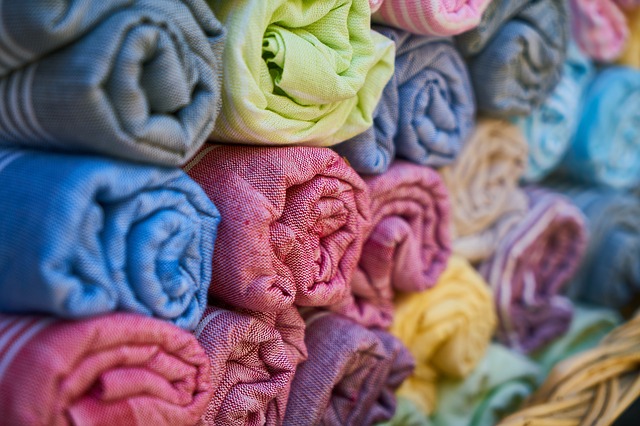5 tips to keep kids infection-free when swimming.

Hot weather makes swimming an attractive option for some refreshing fun. With all the laughter, fun, and physical activities in swimming areas, your kids get a chance to create precious family memories. However, with so many people using these water amenities, they can become sources of some common recreational illnesses like Diarrhoea, Pink eye, Naegleria, Molluscum contagiosum, and Hepatitis A. That’s why it’s important to keep kids infection-free when swimming with the following tips:
Keep Your Child out of the Water if They Have a Contagious Disease
Chlorine is meant to kill germs that cause recreational water illnesses. However, the time it takes to kill different germs varies as some of them have grown tolerant of chlorine. For this reason, it’s important to keep germs out of the water. So, if your child has any contagious diseases like pink eye, diarrhoea, or hepatitis A, keep them out of the water to avoid infecting other swimmers.
Don’t Share Towels
Sharing is an important virtue to teach your kids, however, they should also learn that there are certain items that should never be shared like towels. This is a big no-no especially when water is involved since towels can retain moisture, which can be a favourable breeding environment for certain bacteria that cause infection. Towels can also spread lice, Molluscum contagiosum, and other fungal infections like athlete’s foot.

Don’t Change Diapers By the Pool
A dirty nappy may contain diarrhoea-causing germs, and with lots of water splashing, it’s easy to contaminate the water and other swimming areas. Change nappies in the bathroom, wash your child’s bottom, and then wash your hands and their hands as well. Since kids are not able to hold their bladder for long periods of time, ensure you check diapers regularly and arrange for bathroom breaks every half an hour. Unless of course they have an overactive bladder or faecal incontinence, in which case you should see a urologist.
Don’t Let Your Children into the Water If They Have an Open Wound
As we’ve seen, chlorine doesn’t kill all the germs found in water. Water amenities are often contaminated with other people’s pee and bits of poop. All these germs can float into your child’s cut and cause further infection. Plus, open wounds can expose other swimmers to germs and exudate coming from your child’s wound.
Encourage Everyone to Take a Shower before Going Swimming
Research shows that diarrhoea is the most common recreational illness. That’s why it important to shower with soap before getting in the water as it helps to get rid of any germs, including any faecal material that may find itself in water.









